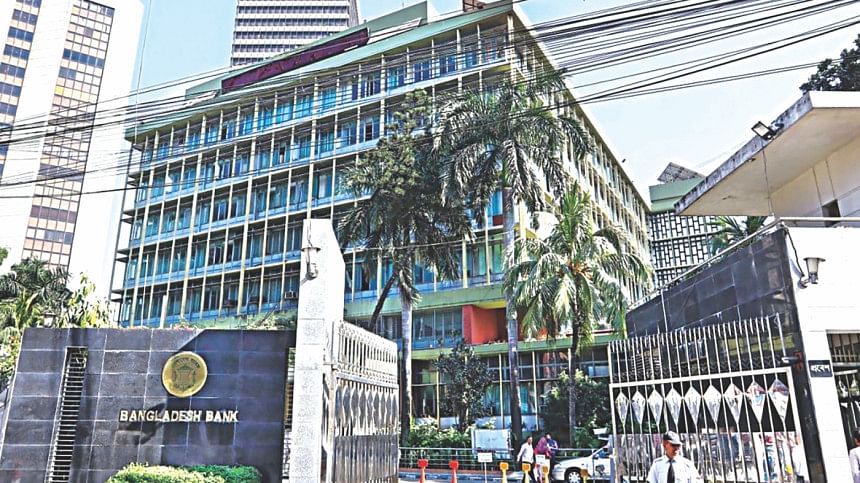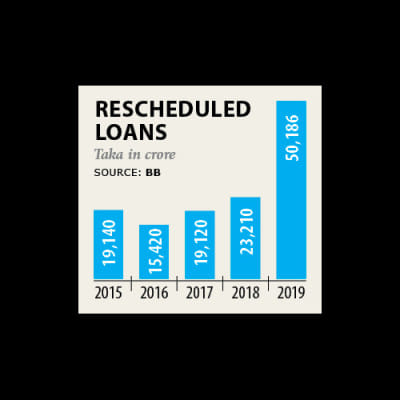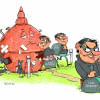Defaulted Loans: Tk 50,186cr rescheduled last year

Banks rescheduled a record amount of defaulted loans last year as part of their efforts to contain bad debt and show hefty profit.
Last year, defaulted loans amounting to Tk 50,186 crore were regularised, the highest on record for a single year, according to Bangladesh Bank data.
Of the sum, Tk 18,584 crore was regularised under the central bank’s relaxed policy announced on May 16 last year, allowing defaulters to reschedule their classified loans with a down payment of only 2 percent of the outstanding amount instead of the existing 10-50 percent.
Banks recovered only Tk 479 crore as down payment from the loans rescheduled under the relaxed policy.
“The rescheduled loans will become defaulted again as banks regularised those on a wholesale basis without verifying the defaulters’ ability to repay,” said Ahsan H Mansur, executive director of the Policy Research Institute.
In fact, Tk 13,284 crore of the soured loans, regularised last year, has already become defaulted, show BB data. This means nearly one-fourth of the rescheduled loans has turned bad again.
“Actually, this is just an eyewash to camouflage the actual situation of defaulted loans,” Mansur, also chairman of Brac Bank, told The Daily Star yesterday.
Wholesale rescheduling indicates that banks are trying to clean up their financial balance sheets artificially in a bid to show profits, he pointed out.
“But this is not a solution for improving financial health of banks,” said Mansur, also a former official of the International Monetary Fund.
He further said lenders must speed up the recovery of their defaulted loans or else they will be in deep trouble.
In November last year, defaulted loans dropped to Tk 96,986 crore from Tk 116,288 crore two months earlier, as defaulters jumped at the BB offer to reschedule loans under relaxed conditions.
The volume of non-performing loans (NPLs) would have increased significantly if banks had not regularised the defaulted loans in a relaxed manner, Mansur said.
Last year, private banks regularised Tk 30,547 crore or 61 percent of the total rescheduled loans. Eight state-run banks rescheduled Tk 19,601 crore and foreign banks Tk 38.10 crore, according to BB data.

Talking to this newspaper, Salehuddin Ahmed, a former governor of the central bank, said the large volume of rescheduled loans is squeezing the banks’ capacity to give fresh loans as a major portion of the defaulted loans has not been recovered yet.
Small and medium entrepreneurs are being deprived of funds, he mentioned.
“The economy has faced sluggishness in recent times. And it will prolong if banks fail to disburse fresh loans.”
Faruq Mainuddin Ahmed, managing director of Trust Bank, said offering rescheduling facility to habitual defaulters is an injustice to good borrowers.
It is not desirable that the amount of defaulted loans would be brought down in an artificial way, he noted.
Syed Mahbubur Rahman, managing director of Mutual Trust Bank, said lenders should not reschedule bad loans to get immediate results, rather they should allow defaulters to regularise NPLs based on cashflow of enterprises.
The relaxed rescheduling policy, however, helped banks recover part of the NPLs, he said adding that the lenders had earlier failed to recover any money from defaulters.

 For all latest news, follow The Daily Star's Google News channel.
For all latest news, follow The Daily Star's Google News channel. 








Comments